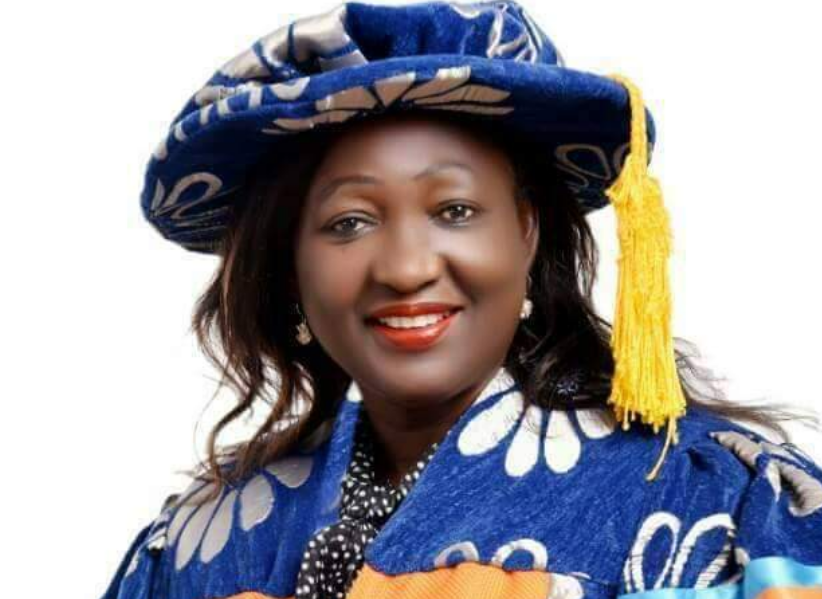A university don and first female vice chancellor of University of Calabar, Professor Florence Banku Obi, has disclosed that Nigeria’s educational budget ranks among the least in Africa. Prof. Obi said this in Lagos where she played guest lecturer at the 2024 Bullion Lecture of Centre for Financial Journalism. She spoke on the theme, Human capital development as catalyst for Nigeria’s prosperity.
According to the erudite Professor, the number of schools, from primary to tertiary in the country attests to the fact that government do invest in Human Capital Development, HCD. However, she was quick to add saying that HCD goes beyond physical buildings to involve quality of education that supports total development of the learner, the curriculum, child friendly environment, quality of teachers, safe and non-violent school that takes into cognizance inclusivity, facilities as well as health of the leaner. She therefore added; by comparison, the investment of Nigeria as a nation-State in education is one of the least in Africa.
To further buttress her assertion, she said that the percentage budgetary allocation to education declined from 10.8% in 2015 to 7.04% in 2018; 7.1% in 2019, 6.7% in 2020, 5.7% in 2021, 7.2% in 2022 with a rise to 8.8% in 2023 being the highest in eight years of President Mohammadu Buhari administration. Ironically, she said that despite the poor budgetary provision for education, only about 4% of the budgeted amount is released. This year 2024, N1.54 trillion, representing 6.39% was budgeted which is far below UNESCO recommendation for 15-20% of each nation’s budget that will be committed to education.
Aside the education sector, Professor Obi also said that the Health sector is no better as according to her the nation has failed to meet African Union Abuja Declaration of 2001 which stipulates the allocation of 15% of a nation’s annual budget to the Health sector making accessible or sustainable health care provision a far cry leading to high maternal and infant mortality as well promoting medical tourism overseas tagged tagged the Japa syndrome.
All of these among other areas of lacks and gaps that she mentioned are key ingredients that impact HCD hence a sort of jaundiced HCD in the country and probably prompting UNICEF’s claim that Nigeria has one of the highest out of school children in the world or the common say that many Nigerian youths are unemployable.
She maintains that HCD can only become a catalyst for Nigeria’s prosperity when the nation invests adequately on its citizens, complemented by motivations and incentives that will enable them to thrive and compete healthily with their peers elsewhere.
She also noted the need for Nigeria to overhaul its academic curriculum to reflect modern days’ innovations and trends while departing from what she called its traditional conventional curriculum.
For these reason, Prof Obi opines a revolution in the sector to revitalize it by aiming at a world class education system that will bring expected sustainable development including focus on Science, Technology, Engineering and Mathematics, STEM. This is in addition to marrying the current conventional curriculum with modern trends that drive global development. Part of what obtains in the nonconventional thriving curriculum of today is the inculcation of skill acquisition as she also poured accolades on the Igbo apprenticeship (igba boi or nwa boi) system saying it has been very effective and should be borrowed by other ethnic groups in the country.



